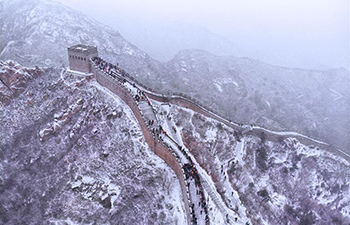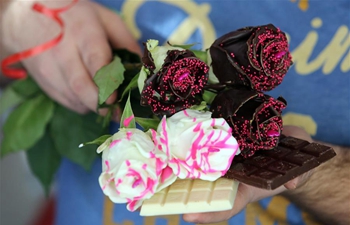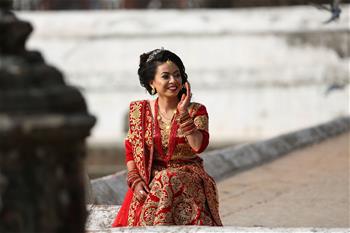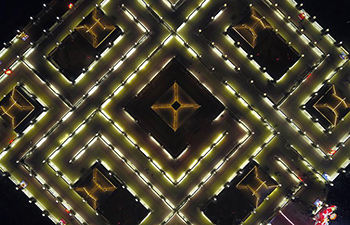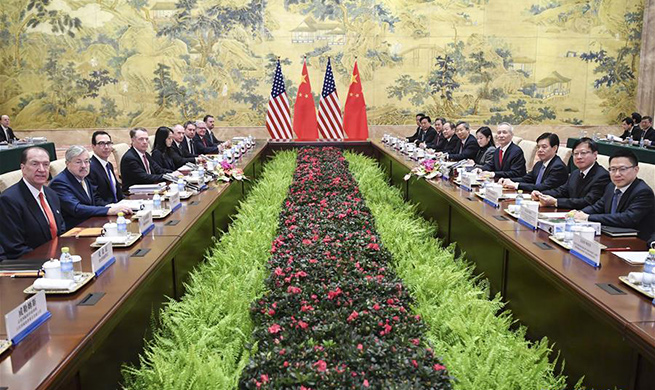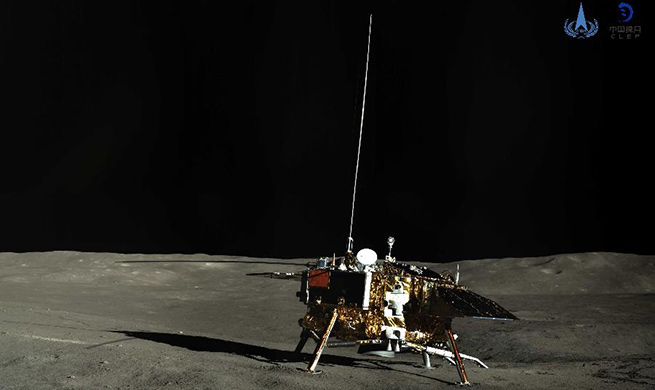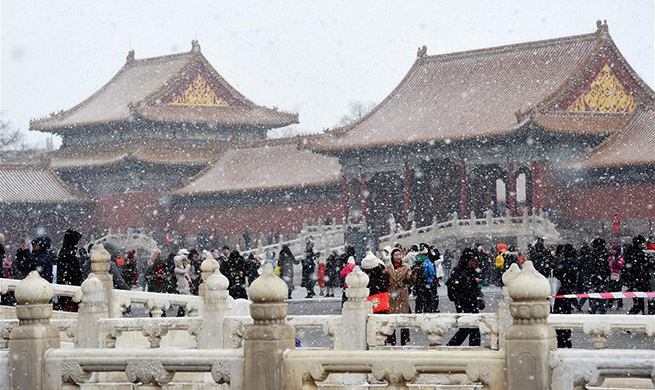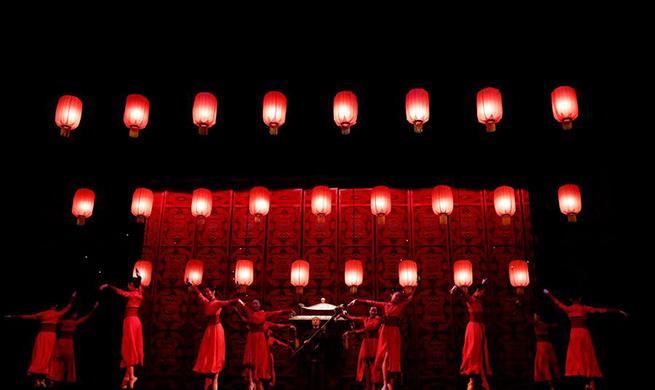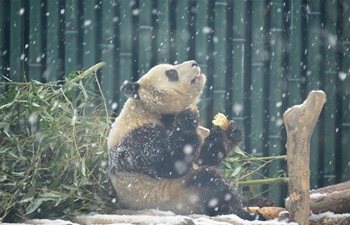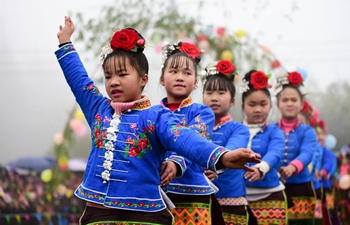by Raimundo Urrechaga
HAVANA, Feb. 13 (Xinhua) -- Books about China, including its culture and literature, have caught the eyes of thousands of readers at the 28th Havana International Book Fair, contributing to deepening China-Cuba exchanges.
The China Intercontinental Press, the island's Confucius Institute and the Chinese embassy in Cuba have attended the event held at the old fortress of San Carlos de la Cabana in Havana starting from Feb. 7, bringing more than 250 books, most of them translated into Spanish.
"We have brought books on China's culture, history, politics, economy, etc. The most popular ones among Cubans are those about culture, food, traditional medicine, handcrafts and festivals," Qin Huimin, representative of the China Intercontinental Press told Xinhua.
Qin said the publishing house that she is working in offers services for foreign readers who want to know more about the Asian nation, as they attach great importance to the publication of books in other languages.
"So far, we have launched books in more than 200 countries and regions and we also attach great importance to the Latin American market. It's our desire to present more books to local readers and meet their needs to have greater cultural exchanges and interactions," she said.
Qin added that books in Spanish are a "valued" market for Chinese publishers and they hope to increase their publication to promote Chinese culture and understanding of the Asian nation among foreign readers.
Zhang Junyu, cultural attache of the Chinese embassy in Cuba, highlighted the increasing ties between both nations since last year when China was the nation guest of honor at the book fair.
"To continue last years' experience, we brought back a number of exhibitors and books to maintain positive cultural exchanges which Cubans really appreciated," she said.
Books titled "Cellphone" (2003) and "I Am Not Madame Bovary" (2012) by prestigious Chinese writer Liu Zhenyun and "In the dark" (2002) by renowned novelist Mai Jia, who both visited the island state last year, have caught the attention of the Cuban public.
According to the diplomat, the event paves the way for increasing cultural links between both countries and allows readers to know about China's history, fruitful experiences and Chinese people's daily lives.
"Our embassy has prepared 26 titles and some 300 books in Spanish (...) We hope to take this opportunity to further promote cultural exchanges between both countries and help Cubans better understand Chinese culture, literature," Zhang said.
In this endeavor, the Confucius Institute of Havana plays a fundamental role, as it has launched various activities at its stand at the book fair.
"Everyday we have one activity in the morning and another one in the afternoon, like Chinese calligraphy, paper cutting, basic language expressions as well as traditional games like go and chess," Zhang Wei, co-director of the Confucius Institute of Havana, told Xinhua.
The professor said these activities are linked to books in Chinese language, the HSK Chinese proficiency examination, traditional Chinese culture, economics and contemporary politics.
This year's book fair will conclude on Feb. 11 in Havana and then travel through the rest of the country, ending on May 13 in the eastern city of Santiago de Cuba.
According to the organizers, around 380 foreign guests from more than 40 countries as well as 127 exhibitors and publishing houses have participated in the event.
The literary event, considered the most important cultural event in the Caribbean nation, provides a platform for dialogue between Cuban authors and those from other countries, as well as offers its visitors a valuable opportunity to directly communicate with writers, publishers and distributors.





